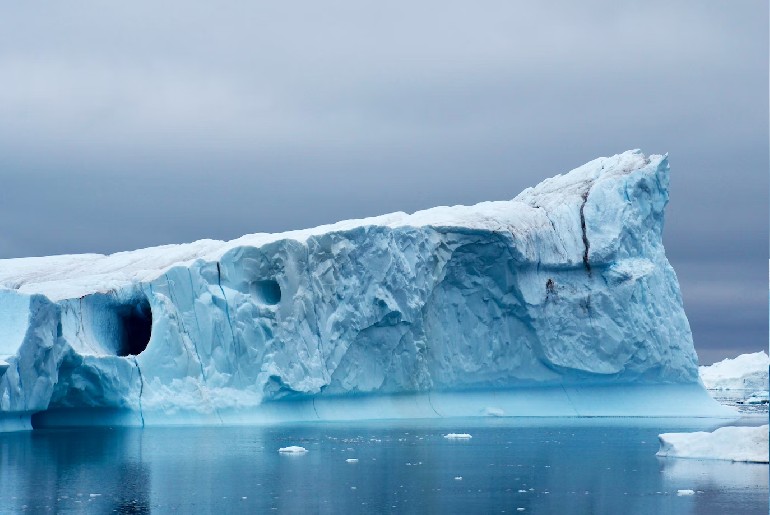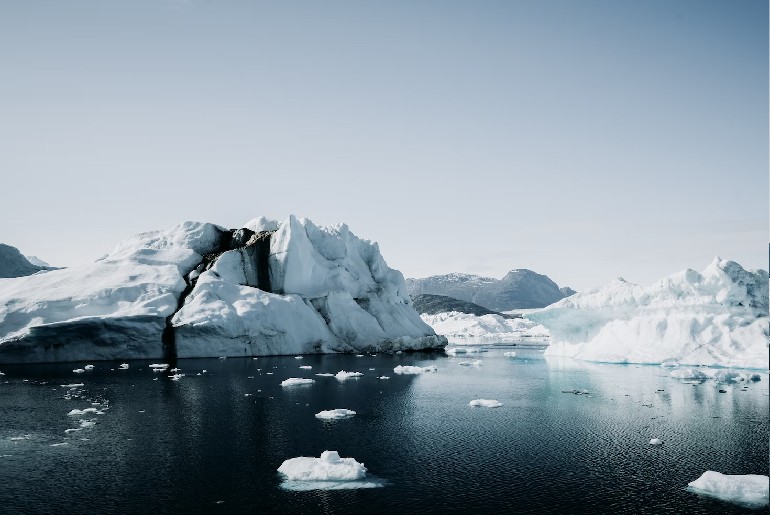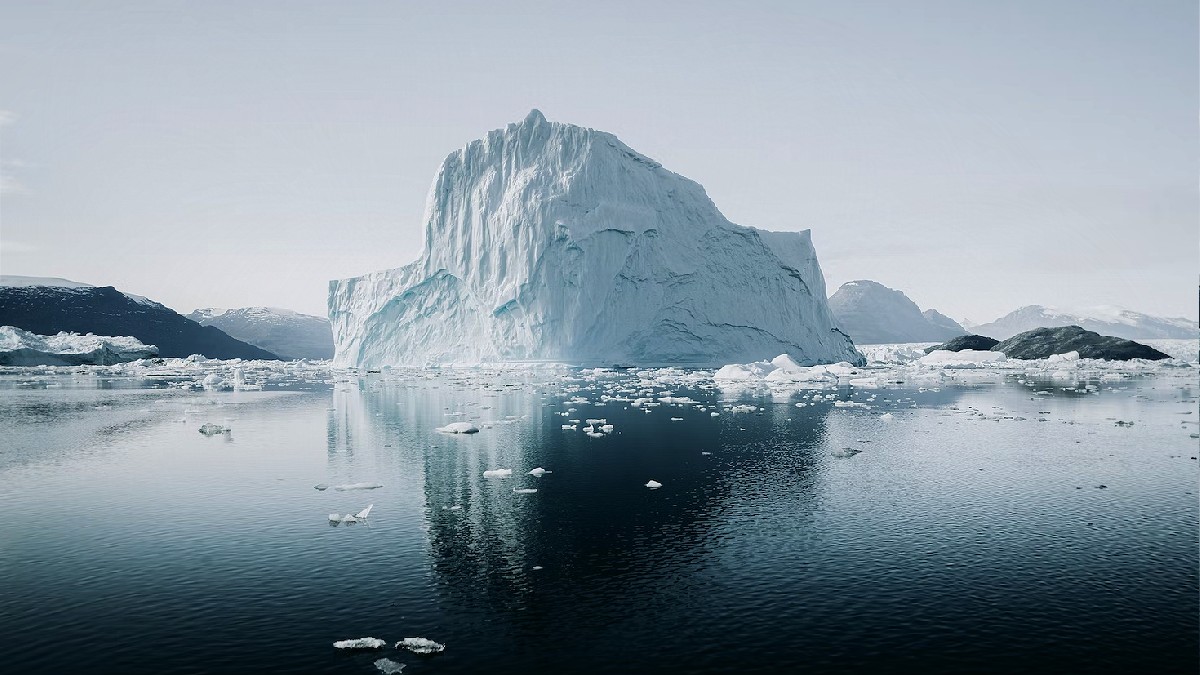Climate change is one of the major concerns among environmentalists now. The increasing pollution levels, depletion of forest cover and global warming can have detrimental effects on the generations to come. The rise in sea levels due to global warming has been in the talks of experts for a long time. Scientists have warned that the ice sheet is melting at a rapid rate in Greenland which can lead to an increase in global sea levels by a whopping 10.6 inches, as revealed in a recent article by Nature Climate Change. They’re calling this dead ice zombie ice. While still bound to the ice cap, the zombie ice isn’t getting restored to its previous form owing to less snowfall and melting.

Also Read: Swiss Alps Lost Half Their Glaciers In 80 Years Due To Global Warming
What Is Zombie Ice?
Zombie ice is the dead ice that does not return to its previous state as a result of the deposition of less snow, even when it is a part of the main ice sheet. It eventually melts and leads to a rise in sea levels. Alarmingly, many island nations and certain parts of several countries might be engulfed under the sea in future. Pieces of research by NASA and the U.S. Geological Survey revealed that nearly 80% of the Maldives might be under the water by 2050. Coastal cities in India like Mangalore, Kandla, Mormugao and Mumbai might go underwater in the next 100 years.

Also Read: Ladakh Is Gradually Dying But We Can Still Save It & Here’s How
Can Anything Be Done To Stop Global Warming?
Global warming is a worldwide phenomenon and one person isn’t enough to bring a significant impact. However, if cumulative efforts are taken, improvements are possible. Slight changes in our habits can go a long way in creating a better environment for future generations. Here are some tips by UN.org to control the impacts of global warming:
- Switch to LED bulbs and try to save energy at home
- Wash your clothes by hand instead of using a washing machine
- Walk or cycle instead of driving
- Stop food wastage.
- Reuse and recycle.




